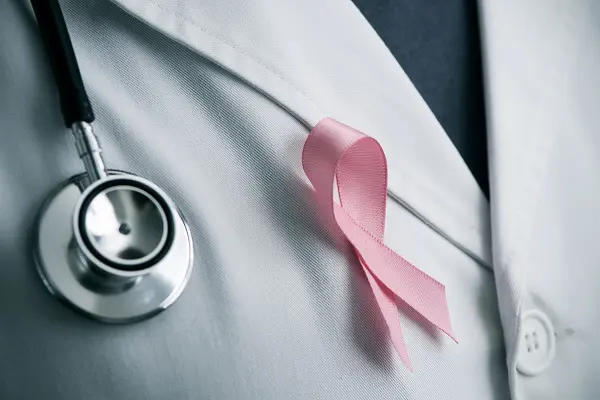Nigerian health experts are urging government leaders to prioritize self-care as a core component of the nation’s health strategy, arguing that empowering individuals to manage their well-being could alleviate strain on overburdened medical facilities and improve healthcare equity. The call comes amid growing advocacy for strategies to bolster health systems, particularly in resource-limited settings where access to services remains uneven.
Speaking at a virtual workshop organized by White Ribbon Alliance Nigeria—a nonprofit focused on maternal and reproductive health—Dr. Samuel Oyeniyi, Head of Reproductive Health at the Federal Ministry of Health, emphasized that self-care should complement, not replace, clinical services. “Self-care shall not be a cost-shifting mechanism from the government to citizens,” he stated, clarifying that its integration would prioritize safety, accessibility, and effectiveness. “During the COVID-19 pandemic, many Nigerians faced barriers to healthcare. This compels us to rethink how quality care can begin at home and become part of daily life for families and communities.”
The event, themed Media as a Catalyst for Advancing Self-Care for Sexual, Reproductive, and Maternal Health, highlighted the role of journalists in promoting awareness. Dr. Nana Chidi Emmanuel, Chairperson of White Ribbon Alliance Nigeria’s Board of Trustees, described self-care as a “fundamental shift” toward patient empowerment, particularly in regions grappling with limited healthcare infrastructure. “Practical, low-cost interventions can bridge gaps in access,” she told attendees, urging media professionals to normalize discussions on sensitive topics like reproductive health through accurate, stigma-free reporting.
George Kapiyo of the Self-Care Trailblazer Group added that these practices could reduce disparities for marginalized groups while easing pressure on understaffed clinics. “From improving health literacy to addressing workforce shortages, self-care fosters autonomy and resilience,” he explained, aligning with the World Health Organization’s (WHO) stance that such measures are vital for achieving universal health coverage. The WHO defines self-care as the ability of communities and individuals to prevent disease, maintain health, and manage illness using tools ranging from digital diagnostics to traditional therapies.
Workshop participants underscored the urgency of embedding self-care into national policy, framing it not merely as an emergency response but as a sustainable investment in public health. With Nigeria’s population exceeding 220 million and its healthcare system ranked among the world’s most strained, advocates argue that empowering citizens to take charge of their health could yield long-term dividends—a vision now hinging on collaborative efforts between policymakers, media, and civil society.
